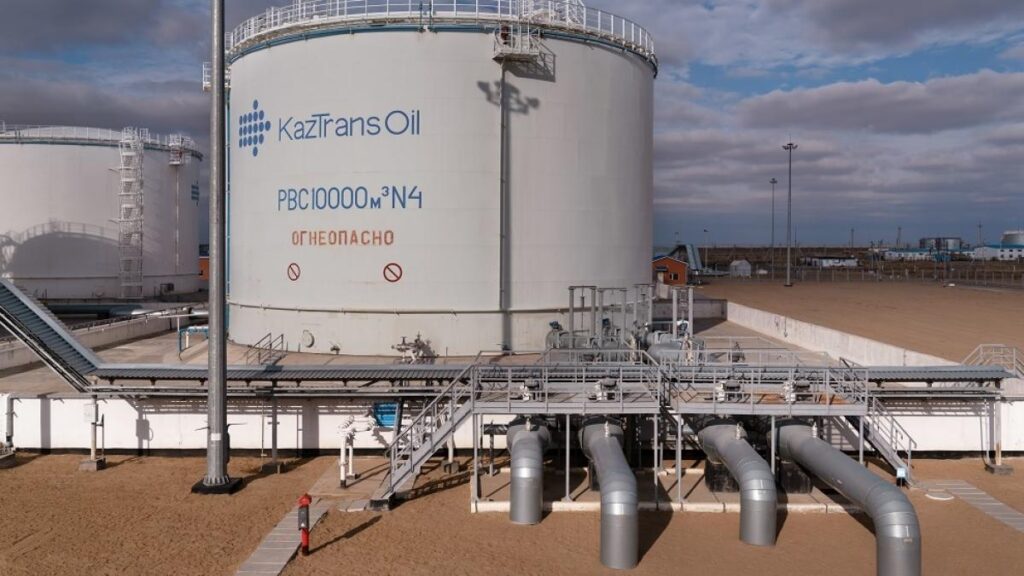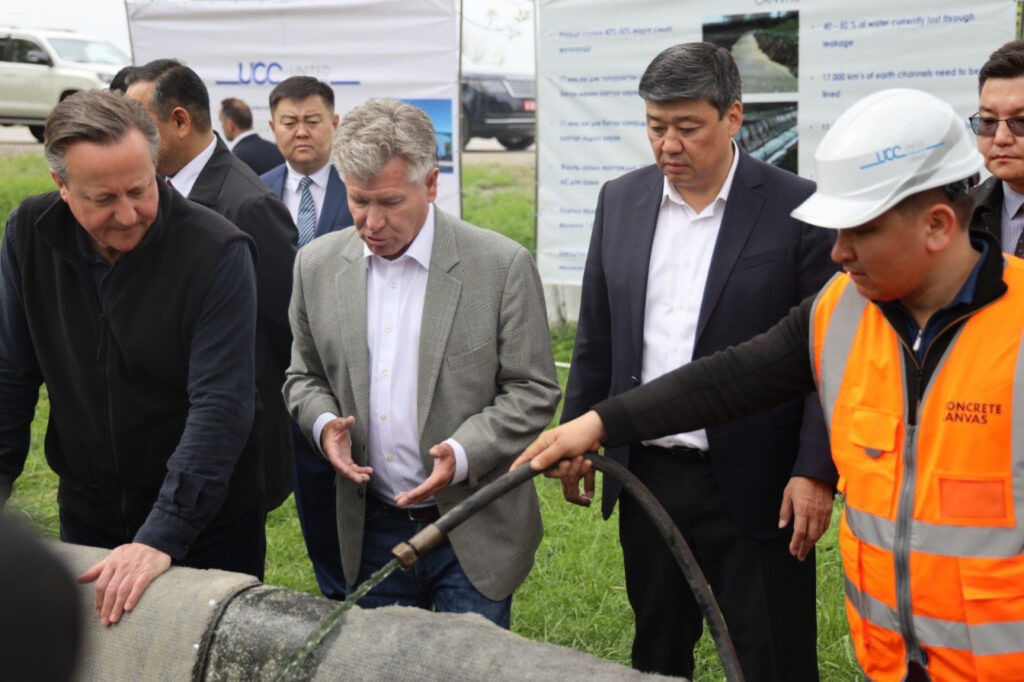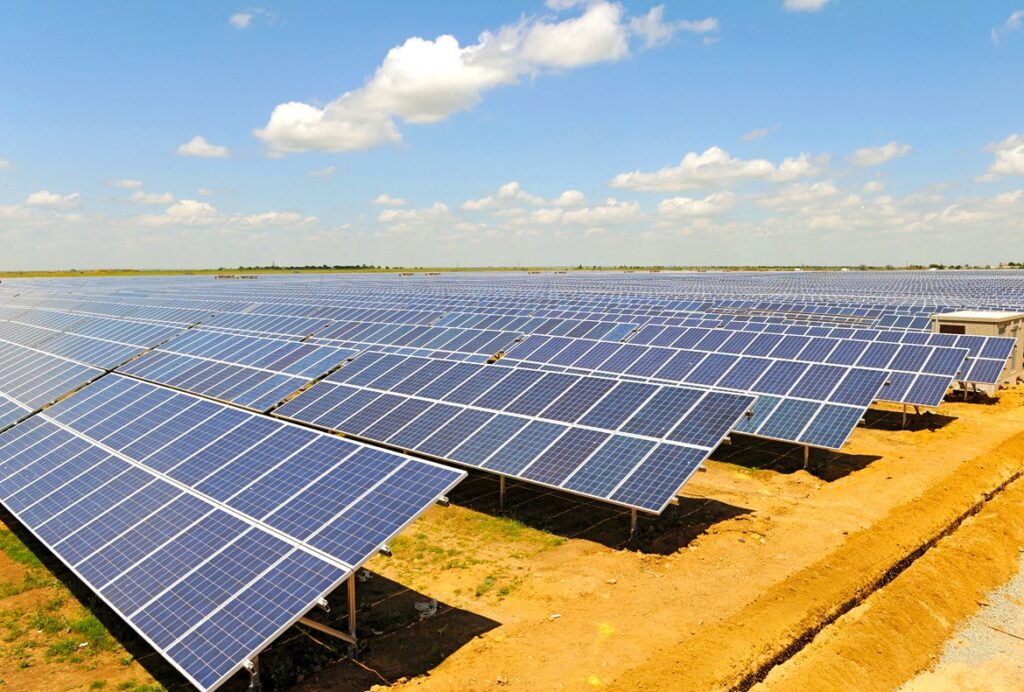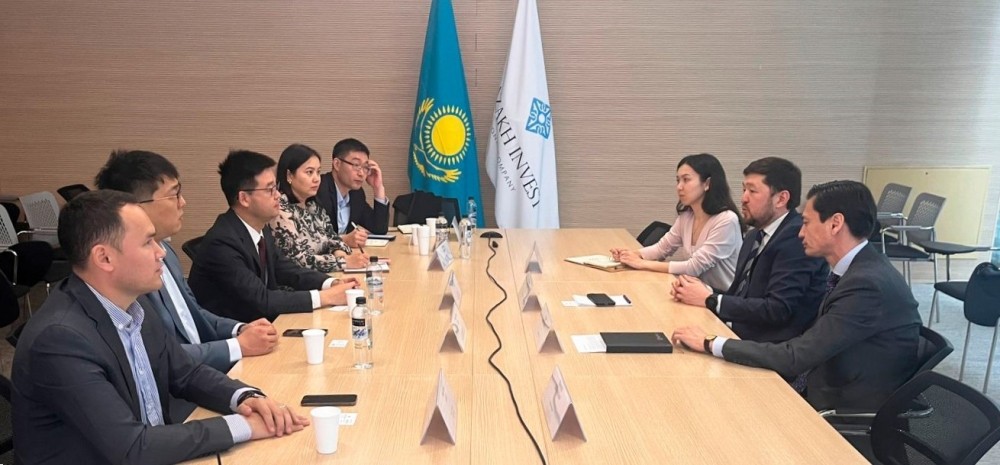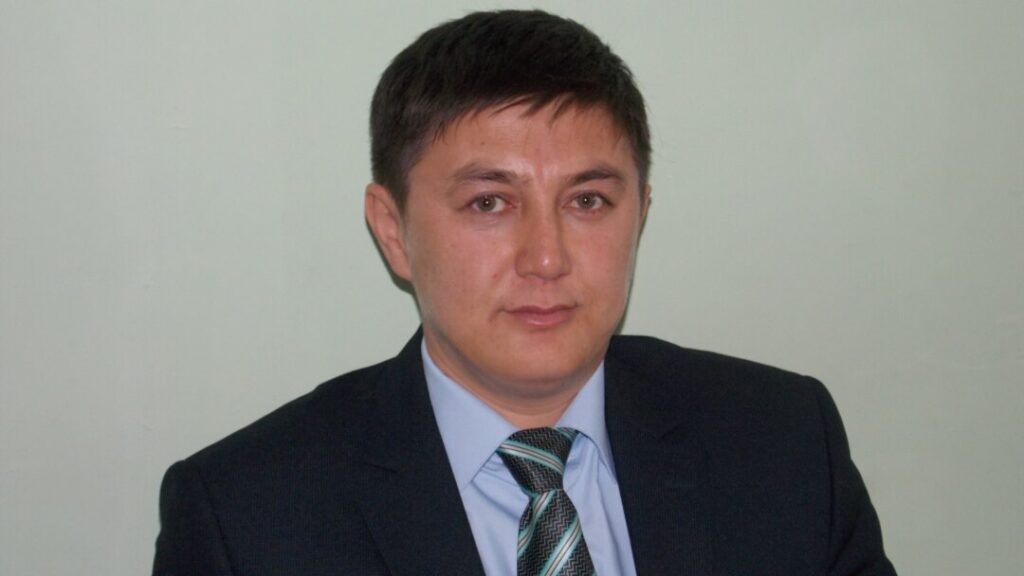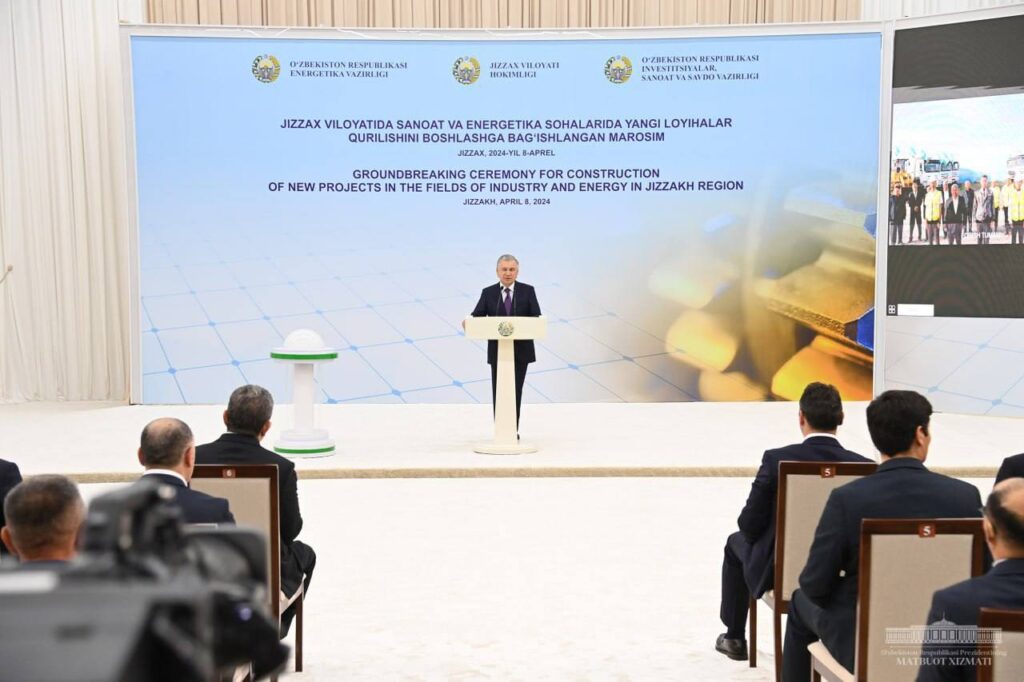Russian Comments Put Kazakhstan’s Oil Transit to Germany Under Threat
Russia has warned Kazakhstan about the possible suspension of Kazakh crude oil transshipment to Germany through the Druzhba oil pipeline system. The stated reason is the debt of Polish pipeline operator PERN, according to a report by Reuters. Reuters, citing people familiar with the matter, claims that Russia's Transneft has warned its Kazakh partner KazTransOil about the suspension of oil deliveries to the Schwedt refinery. The reason for this demarche is the outstanding debts of Polish state pipeline operator PERN. If the Polish company doesn't pay for the services of oil acceptance and transfer at the Polish transit point Adamova Zastava on the border with Belarus by June, the transit will be stopped. The amount of the debt is unknown. PERN explained its version of the situation by citing western sanctions against Russia. Payment of money to the Russian side can lead to violations of the sanctions regime. According to comments made by the Kazakh Ministry of Energy, the Kazakh government itself looks at the possibility of transit suspension very negatively. KazTransOil said that the plan of deliveries to Germany remains unchanged, and that negotiations with all participants of the process are underway. Curiously, the Ministry of Energy denied the Reuters report, claiming that "the information does not correspond to reality." In early April it was reported that the Kazakh side intends to supply 1.2 million tons of oil to the Schwedt refinery by the end of the year. This would not be the first case involving a cessation of Kazakh oil transiting Russian territory. Earlier, there were repeated problems with the Caspian Pipeline Consortium (CPC) terminal in Novorossiysk, Russia, on the Black Sea. Some analysts believe that Russia uses oil transportation as an instrument to apply pressure to the Kazakh government.


